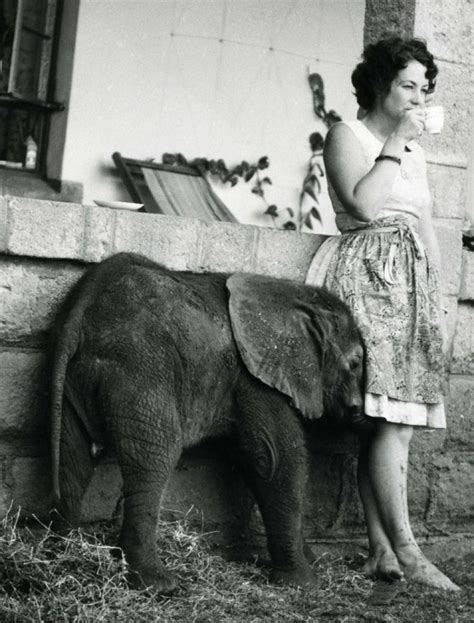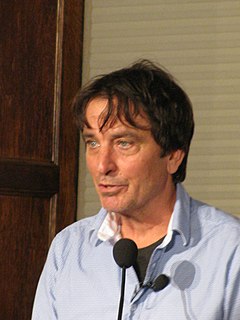A Quote by Francis Bacon
The human understanding of its own nature is prone to suppose the existence of more order and regularity in the world than it finds.
Related Quotes
The human understanding is of its own nature prone to suppose the existence of more order and regularity in the world than it finds. And though there be many things in nature which are singular and unmatched, yet it devises for them parallels and conjugates and relatives which do not exist. Hence the fiction that all celestial bodies move in perfect circles, spirals and dragons being (except in name) utterly rejected.
Understanding human nature must be the basis of any real improvement in human life. Science has done wonders in mastering the laws of the physical world, but our own nature is much less understood, as yet, than the nature of stars and electrons. When science learns to understand human nature, it will be able to bring a happiness into our lives which machines and the physical sciences have failed to create.
That odd capacity for destitution, as if by nature we ought to have so much more than nature gives us. As if we are shockingly unclothed when we lack the complacencies of ordinary life. In destitution, even of feeling or purpose, a human being is more hauntingly human and vulnerable to kindnesses because there is the sense that things should be otherwise, and then the thought of what is wanting and what alleviation would be, and how the soul could be put at ease, restored. At home. But the soul finds its own home if it ever has a home at all.
Zen purposes to discipline the mind itself, to make it its own master, through an insight into its proper nature. This getting into the real nature of one's own mind or soul is the fundamental object of Zen Buddhism. Zen, therefore, is more than meditation and Dhyana in its ordinary sense. The discipline of Zen consists in opening the mental eye in order to look into the very reason of existence.
The more a man is imbued with the ordered regularity of all events the firmer becomes his conviction that there is no room left by the side of this ordered regularity for causes of a different nature. For him neither the rule of human nor the rule of divine will exist as an independent cause of natural events.
Thus ordered thinking arises out of the ordered course of nature in which man finds himself, and this thinking is from the beginning nothing more than the subjective reproduction of the regularity according to the law of natural phenomena. On the other hand, this reproduction is only possible by means of the will that controls the concatenation of ideas.
Paganism is that view of life which finds the highest goal of human existence in the healthy and harmonious and joyous development of existing human faculties. Very different is the Christian ideal. Paganism is optimistic with regard to unaided human nature, whereas Christianity is the religion of the broken heart.
Animals are indeed more ancient, more complex and in many ways more sophisticated than us. They are more perfect because they remain within Nature’s fearful symmetry just as Nature intended. They should be respected and revered, but perhaps none more so than the elephant, the world’s most emotionally human land mammal.
Writers, especially poets, are particularly prone to madness. There exists a striking association between creativity and manic depression. Why are more creative people prone to madness? They have more than average amounts of energies and abilities to see things in a fresh and original way—then because they also have depression, I think they’re more in touch with human suffering.






































